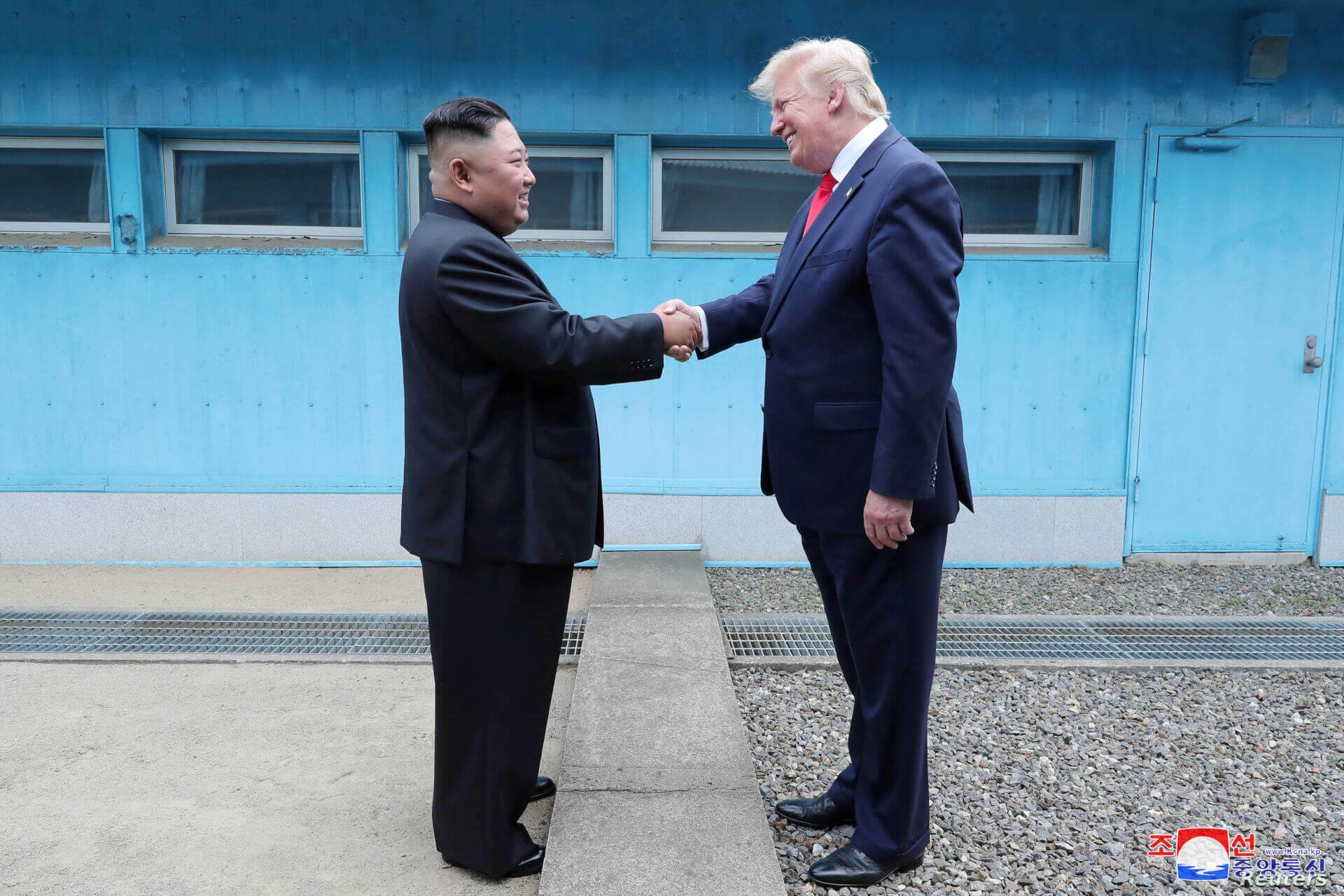In a rare move, the United States (US) Treasury Department and Commerce Department jointly issued a 19-page advisory titled “North Korea Ballistic Missile Procurement Advisory”. The advisory identifies key procurement entities and “deceptive techniques” used by North Korea’s missile program and lists of relevant resources concerned with the country’s proliferation activities. Notably, the advisory warns those who aid North Korea’s procurement of equipment and materials for its nuclear and missile development programs, even inadvertently, could face the United Nations (UN) and US sanctions.
According to the advisory, North Korea’s procurement activities could extend to the electronics, chemical, metals, and materials industries, as well as the financial, transportation, and logistics sectors. This echoes the US stance in 2006, when North Korea conducted its first atomic test and then President, George W. Bush Jr. said, “North Korea would be held responsible if it ever exported any of its nuclear weapons technology to other nations or to terrorists.” However, this is the first time that multiple US agencies are issuing an advisory over North Korea’s ballistic missiles procurement.
Back in 2017, North Korea conducted its sixth nuclear test and in the same year launched an intercontinental ballistic missile (ICBM), following which the Trump administration warned Pyongyang that even the threat to use such a weapon against it and its allies “will be met with [a] massive military response”. However, in 2018, Washington initiated talks with Pyongyang, and, in the spirit of denuclearization negotiations, North Korean Supreme Leader Kim Jong-un suspended nuclear and long-range missile testing. This historic progress was undone in February 2019, when, in Vietnam, during the second round of talks, the deal collapsed after the two sides could not find a compromise on sanctions relief and the scope of denuclearization. Following stalled negotiations, Pyongyang has been hinting that it may take a different path—and of possible dire consequences. In fact, Kim vowed in his New Year’s message to introduce a “new strategic weapon” in the near future.
Furthermore, the International Atomic Energy Agency (IAEA) reported that North Korea has continued to enrich uranium in the past year. The IAEA said that, although there is no sign that North Korea reprocessed spent fuel from its main nuclear reactor into plutonium in the past year, it has continued to enrich uranium. This, according to the nuclear watchdog, is a clear violation of UN Security Council (UNSC) resolutions.
Despite issuing the advisory against North Korea earlier this week, US Assistant Secretary of State for East Asian and Pacific Affairs David Stilwell renewed the call to hold talks with Pyongyang in a press briefing on Wednesday. Stilwell said, “the Trump administration has gone far further than any other in taking strong actions to let North Korea know that it is going to have to negotiate,” and added, “North Korea can’t just sit back and threaten and launch missiles and all things it has been doing.” According to Stilwell, the joint advisory is another step by the Trump Administration to bring North Korea to the discussion table rather than remain isolated.
US Threatens Sanctions Against Those Aiding North Korea’s Missile Program
In a new move, the US Treasury and Commerce Departments issued a joint advisory against North Korea’s ballistic missile procurements.
September 3, 2020

Donald Trump and North Korea’s leader Kim Jong-un stand on North Korean soil while walking to South Korea, June 30, 2019, in Panmunjom, Korea. SOURCE: REUTERS
